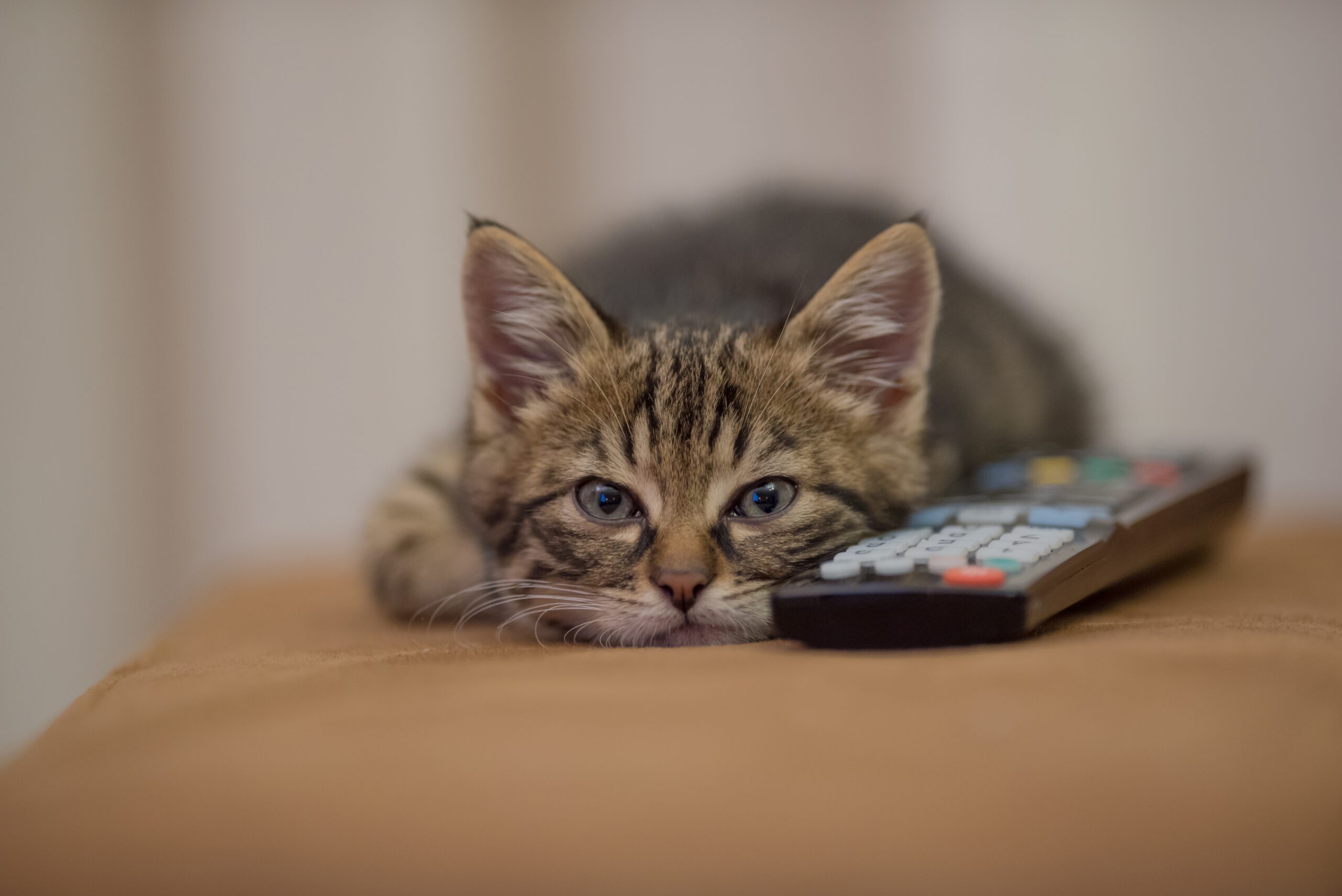Cat Cost Calculator
Understanding the Costs of Cat Ownership
While cats can bring immense joy and companionship, they also come with significant financial responsibilities. From initial expenses to ongoing costs, owning a cat can be a substantial investment.
Key Factors Affecting Costs
Several factors can influence the cost of owning a cat:
- Breed: Some breeds are more expensive to purchase than others. Purebred cats often have higher price tags compared to mixed-breed or shelter cats.
- Age: Kittens are generally more expensive than adult cats.
- Health: Cats with pre-existing health conditions or genetic predispositions to certain diseases may incur higher veterinary costs.
- Location: Geographic location can impact the cost of cat-related expenses, such as pet insurance, boarding, and grooming services.
- Lifestyle: Your lifestyle and the amount of time and effort you’re willing to invest in your cat can also influence the costs. For example, cats that require frequent grooming or specialized training may have higher associated expenses.
Essential Costs to Consider
- Adoption or Purchase: The initial cost will vary depending on whether you adopt from a shelter (usually a small fee) or buy a purebred kitten (which can be pricey).
- Food and Supplies: Cat food, litter, toys, and scratching posts can add up quickly. Think about the quality you want and how often you’ll need to replace these items.
- Veterinary Care: This includes routine check-ups, vaccinations, dental care, and potential treatments for illnesses or injuries.
- Grooming: The frequency and cost of grooming will depend on your cat’s breed and coat type.
- Insurance: Pet insurance can help cover unexpected veterinary expenses, but it comes with a monthly premium.
- Boarding and Daycare: If you need to board your cat or use a daycare service, these can add to your monthly expenses.
- Entertainment: Toys, treats, and interactive games can keep your cat entertained and happy.
- Unexpected Costs: Be prepared for the unexpected, such as emergency vet visits or behavioral issues.
Can You Afford It?
Before bringing a cat home, assess your financial situation carefully. Can you afford the initial costs and ongoing expenses? Consider your lifestyle and whether you can provide the necessary care and attention.
Beyond the Basics
- Environmental Enrichment: Provide your cat with a stimulating environment that includes scratching posts, toys, and opportunities for exploration. This can help prevent boredom and behavioral problems.
- Preventative Care: Regular veterinary check-ups and preventative care, such as vaccinations and parasite control, can help prevent costly health issues in the long run.
- Training: Basic training can help your cat learn good behavior and make them easier to live with. Consider professional training or online resources for guidance.
- Socialization: Early socialization is crucial for cats to develop good social skills and interact peacefully with other pets and people.
- Emergency Preparedness: Have a plan in place for emergency situations, such as a pet emergency fund or a list of local emergency veterinary clinics.
- Ethical Considerations: When considering cat ownership, be mindful of ethical practices. Avoid supporting breeders that engage in unethical breeding practices or contribute to the overpopulation of cats.
- Community Involvement: Owning a cat can be a great way to get involved in your community and meet new people. Consider joining a local cat club or volunteering at a shelter.
Financial Planning Tips
- Create a Budget: Develop a budget that includes all the potential costs of cat ownership, from food and supplies to veterinary care and entertainment.
- Consider Pet Insurance: While pet insurance can be expensive, it can provide financial protection in case of unexpected veterinary expenses.
- Shop Around: Compare prices for food, supplies, and veterinary services to find the best deals.
- Set Aside Savings: Create a savings account specifically for your cat’s expenses to help cover unexpected costs.
- Be Prepared for Emergencies: Have a plan in place for emergency veterinary care, including contact information for local clinics and a pet emergency fund.
FAQs
- How much does it cost to own a cat per year? The average cost of owning a cat can vary significantly depending on various factors. However, you can expect to spend anywhere from $500 to $3,000 per year.
- Is it cheaper to adopt a cat? Adopting a cat from a shelter or rescue organization is often more affordable than purchasing a kitten from a breeder.
- How much does it cost to spay or neuter a cat? The cost of spaying or neutering a cat can vary depending on your veterinarian and your cat’s size.
- Can I afford a cat? Before getting a cat, it’s important to assess your financial situation and ensure you can afford the ongoing costs of cat ownership.
- How can I save money on cat-related expenses? There are several ways to save money on cat-related expenses, such as adopting a cat from a shelter, making your own cat food, and using generic medications.
- What are the hidden costs of owning a cat? Some hidden costs of owning a cat may include unexpected veterinary expenses, behavioral therapy, or specialized equipment for cats with disabilities.
- How can I prepare for unexpected expenses? Creating a pet emergency fund and considering pet insurance can help you prepare for unexpected veterinary costs.
- Can I afford a purebred cat? Purebred cats can be more expensive than mixed-breed cats, so it’s important to consider your budget before purchasing one.
- How much does it cost to feed a cat? The cost of cat food can vary depending on the quality and brand. You can expect to spend anywhere from $20 to $50 per month on cat food.
- How much does it cost to litter train a cat? Litter training typically doesn’t involve any additional costs beyond the purchase of litter and a litter box.
Conclusion
Owning a cat can bring immense joy and companionship, but it’s important to be prepared for the financial responsibilities involved. By carefully considering the costs and making informed decisions, you can ensure a happy and fulfilling relationship with your feline friend.

